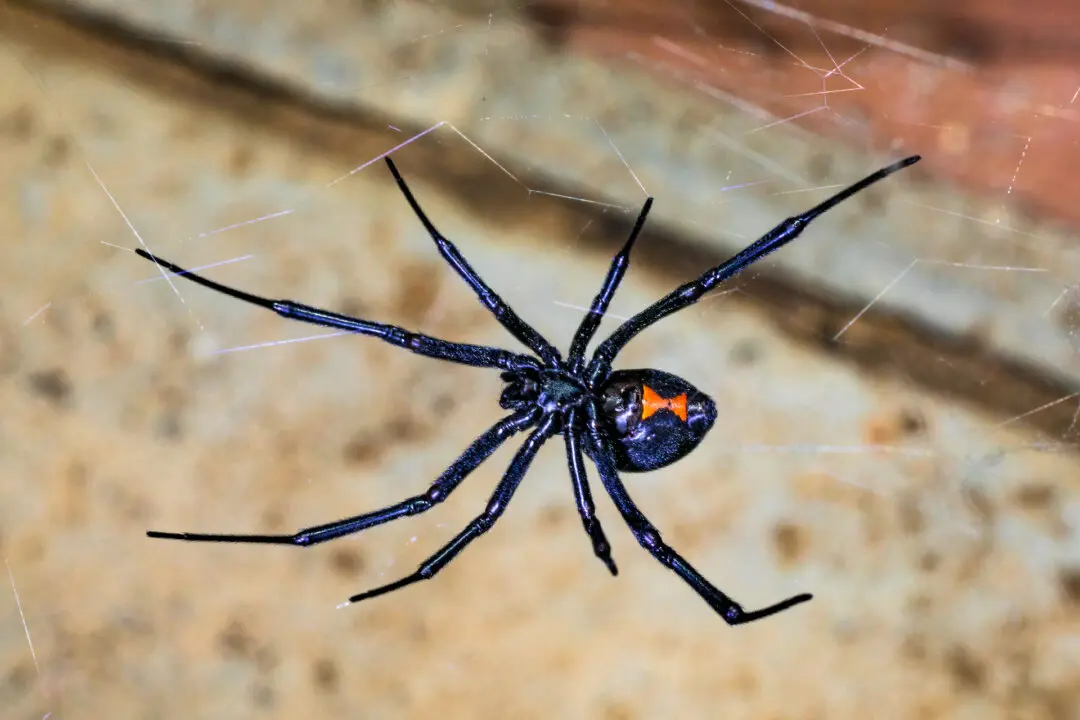Q: I have such a bad cold that I can’t go to school. Mom is afraid I'll spread my cold to our puppy, Barkley, so she won’t let him sleep on my bed or cuddle with me on the couch. Can dogs really catch a person’s cold? I don’t want Barkley to get sick, but I miss snuggling with him.
A: Your mom is right to be concerned about Barkley because he’s a puppy. Youngsters, whether canine or human, have poorly developed immune systems and are therefore more likely to catch whatever’s going around.





